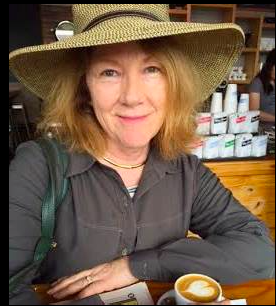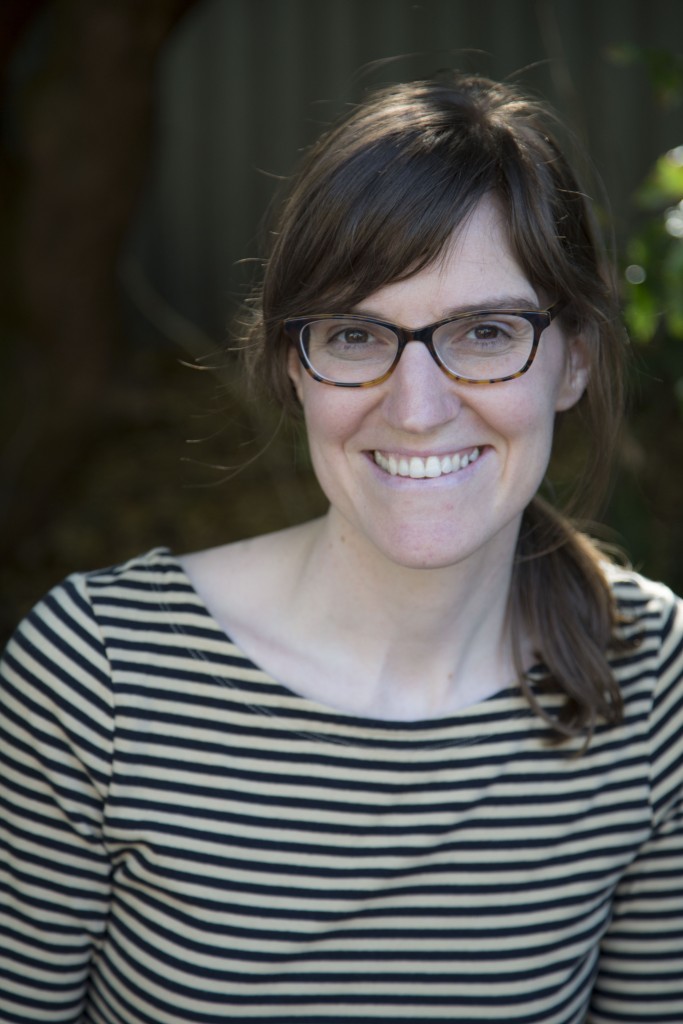To provide observations and information on the emerging fields of landscape scale conservation, heritage preservation, and sustainable community development.
Newsletter
Stay up-to-date with the latest nature, culture and community news.
We won’t spam you or share your information. Newsletters are sent approximately 10 times a year. Unsubscribe at any time.
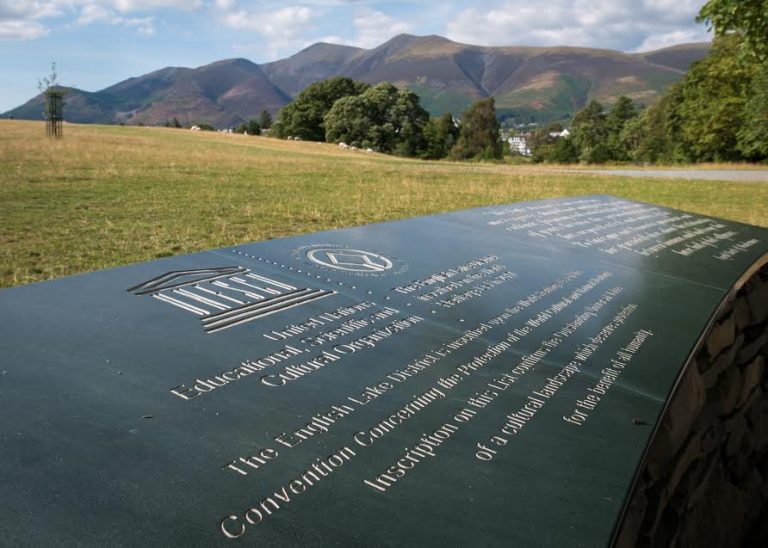
The English Lake District: World Heritage Designation One Year In
It was just one year ago last July 2017 that after many decades of effort the English Lake District was finally recognized as a World Heritage cultural landscape. So how is the Lake District faring one year after designation? In many ways the inscription has not made big changes. The Lake District National Park Partnership continues to play a key role in carrying out its stated mission for the Lake District to serve as: A place where its prosperous economy, world class visitor experiences and vibrant communities come together to sustain the spectacular landscape, its wildlife and cultural heritage.
However, the impact of outside forces specifically Brexit on the region are much more problematic. What will it mean for the country’s agricultural policy? This is critical for the Lake District. As noted in the World Heritage nomination, it is an “unrivalled example of a northern European upland agro-pastoral system”, but also a way of life under tremendous pressure.
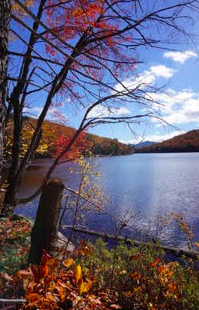
Featured Voice: Emily Bateson
In this month’s “Featured Voice,” we talk with Emily Bateson, the Coordinator for the Network for Landscape Conservation. She has more than 30 years experience in whole systems conservation, including projects that span the border between the U.S. and Canada.
Who is Responsible for Landscape Stewardship on Farm Land
Many rural landscapes are shaped by centuries of agricultural land use. As agricultural land use practices change, landscapes transform. In fact, transformation is a key-characteristic of any agricultural landscape. Most of these transformations occur without major notice. Others, however, are perceived as unwelcome and result in requests for landscape stewardship interventions. But who is responsible for defining the stewardship goals and the interventions needed for agricultural landscapes, for implementing and bearing the extra efforts or forgone profits?
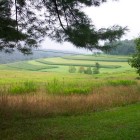
Pennsylvania Agricultural History Project Wins National Award
The Vernacular Architecture Forum recently awarded the Pennsylvania Agricultural History Project its Paul E. Buchanan Award in recognition of the project’s contribution to the study of the nation’s built environment. The Agricultural History Project includes narrative histories describing the evolution of different farming systems around the state, historic census data, a field guide to historic farm buildings and landscapes, bibliographic resources and more.
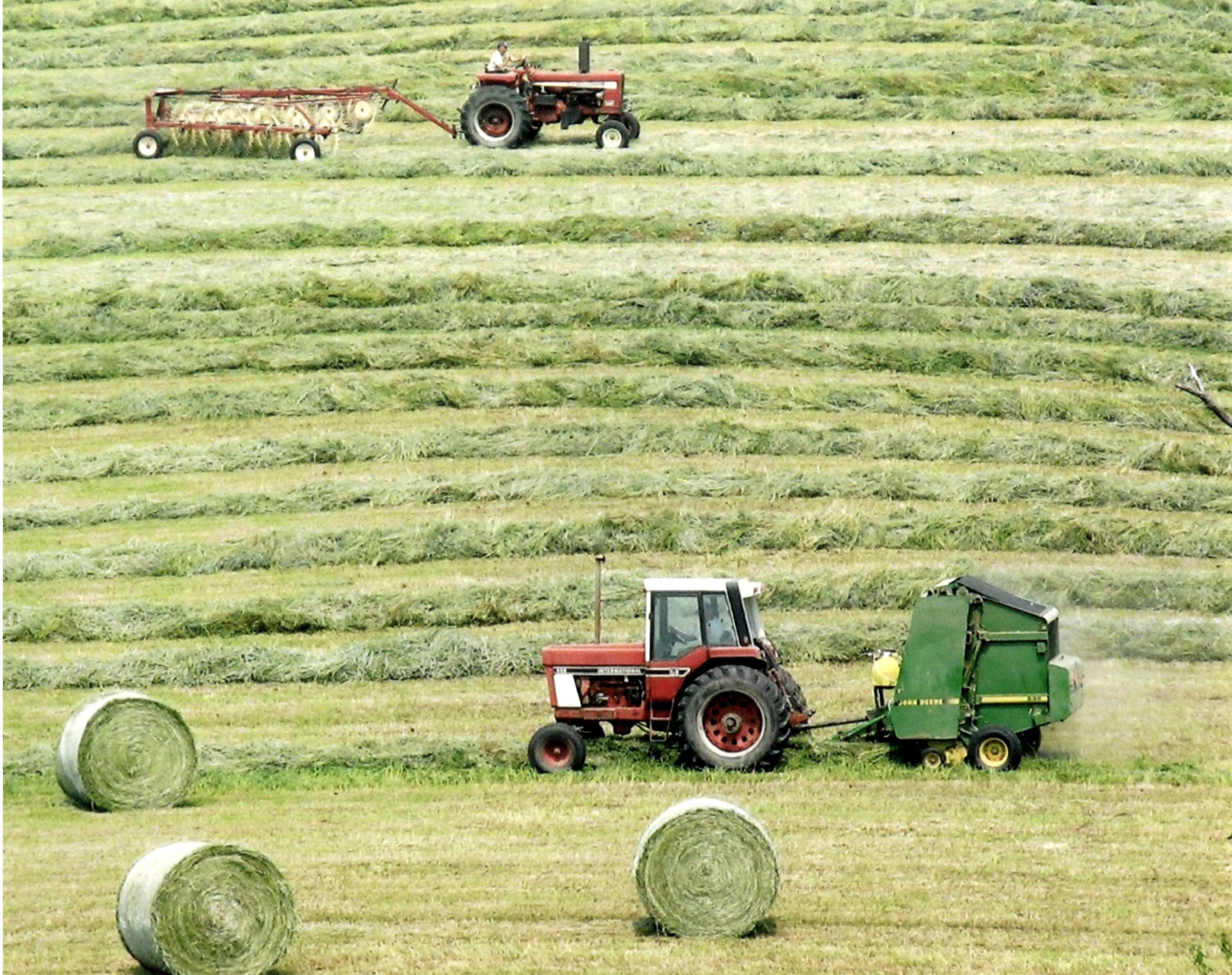
New Featured Area
Check out the new featured area post on Silos and Smokestacks, a landscape-scale conservation, preservation and education initiative in northeastern Iowa.

The English Lake District: World Heritage Designation One Year In
It was just one year ago last July 2017 that after many decades of effort the English Lake District was finally recognized as a World Heritage cultural landscape. So how is the Lake District faring one year after designation? In many ways the inscription has not made big changes. The Lake District National Park Partnership continues to play a key role in carrying out its stated mission for the Lake District to serve as: A place where its prosperous economy, world class visitor experiences and vibrant communities come together to sustain the spectacular landscape, its wildlife and cultural heritage.
However, the impact of outside forces specifically Brexit on the region are much more problematic. What will it mean for the country’s agricultural policy? This is critical for the Lake District. As noted in the World Heritage nomination, it is an “unrivalled example of a northern European upland agro-pastoral system”, but also a way of life under tremendous pressure.

Featured Voice: Emily Bateson
In this month’s “Featured Voice,” we talk with Emily Bateson, the Coordinator for the Network for Landscape Conservation. She has more than 30 years experience in whole systems conservation, including projects that span the border between the U.S. and Canada.
Who is Responsible for Landscape Stewardship on Farm Land
Many rural landscapes are shaped by centuries of agricultural land use. As agricultural land use practices change, landscapes transform. In fact, transformation is a key-characteristic of any agricultural landscape. Most of these transformations occur without major notice. Others, however, are perceived as unwelcome and result in requests for landscape stewardship interventions. But who is responsible for defining the stewardship goals and the interventions needed for agricultural landscapes, for implementing and bearing the extra efforts or forgone profits?

Pennsylvania Agricultural History Project Wins National Award
The Vernacular Architecture Forum recently awarded the Pennsylvania Agricultural History Project its Paul E. Buchanan Award in recognition of the project’s contribution to the study of the nation’s built environment. The Agricultural History Project includes narrative histories describing the evolution of different farming systems around the state, historic census data, a field guide to historic farm buildings and landscapes, bibliographic resources and more.

New Featured Area
Check out the new featured area post on Silos and Smokestacks, a landscape-scale conservation, preservation and education initiative in northeastern Iowa.

